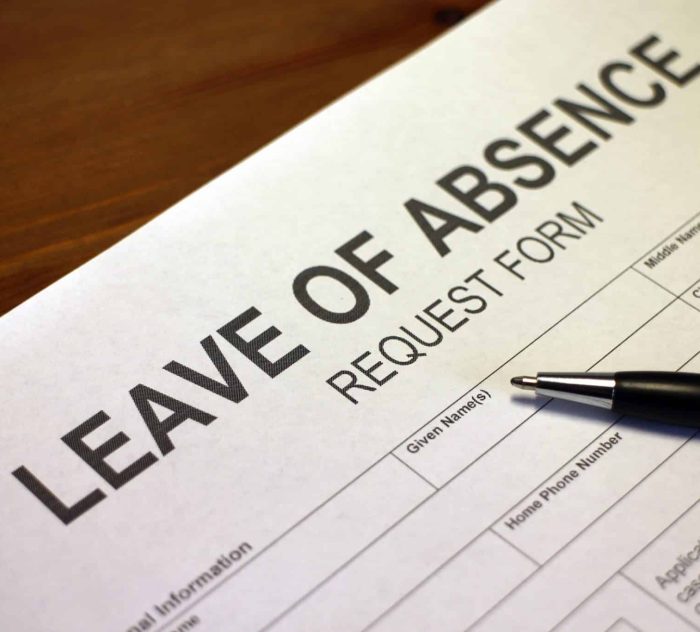In a closely watched decision, on November 15, 2024, Judge Sean Jordan of the United States District Court for the Eastern District of Texas entered a ruling (“Ruling”), which struck down a final rule (“Rule”) by the U.S. Department of Labor (“DOL”). The Rule raised the salary thresholds for the “white collar” overtime exemption and the highly compensated employee exemption under the Fair Labor Standards Act (“FLSA”). Judge Jordan held that all three aspects of the Rule exceeded the DOL’s statutory authority. This Ruling nullifies the scheduled increase across the entire country. As a result, employers do not need to comply with the Rule’s mandate to increase employee salaries to a minimum of $1,128 per week ($58,656 annually) for the white collar exemption and to a minimum of $151,164 annually for the highly compensated employee exemption by January 1, 2025.
In addition, the Ruling further vacated the employer’s requirement to increase employee salaries to a minimum of $844 per week ($43,888 annually) for the white collar exemption and $132,964 annually for the highly compensated employee exemption by July 1, 2024. The minimum salary threshold for the white collar exemption now reverts back to a minimum of $684 per week ($35,568 annually) and for the highly compensated employee exemption to $107,432 annually. It is important to note that some states have laws that increase the minimum salary threshold for overtime exemptions to amounts, which exceed the federal thresholds.
It is possible that the DOL might appeal Judge Jordan’s Ruling to the Fifth Circuit Court of Appeals, which is considered to be conservative making it unlikely that a challenge will be successful. It is also important to take into consideration that the new presidential administration is unlikely to be in favor of filing an appeal. We will continue to monitor developments regarding the Rule and a possible appeal.
Employers should consult with their legal counsel in regard to issues related to initial compliance with the Rule and the ramifications of the Ruling. The members of the firm’s employment and benefits section will be glad to advise employers regarding these issues.



